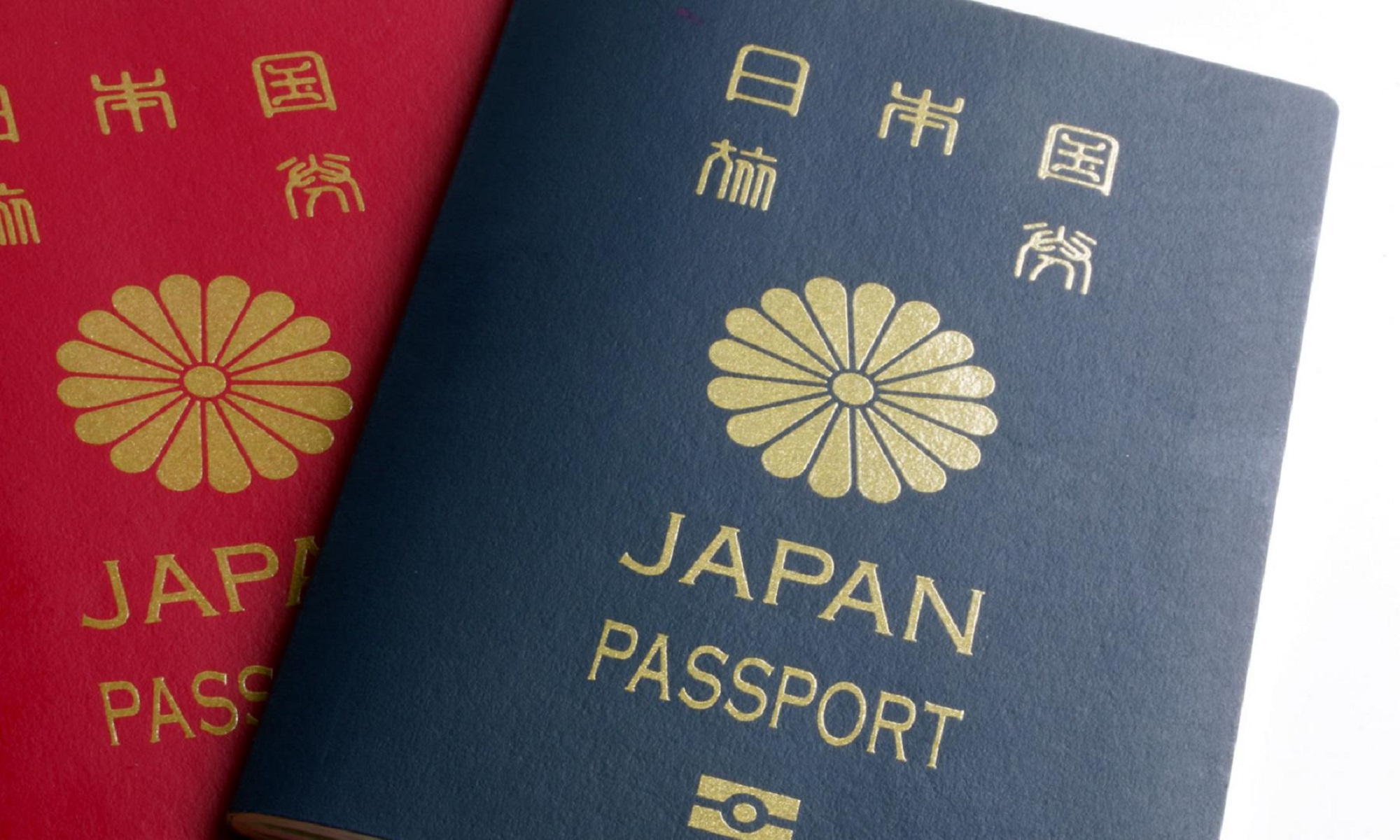
All of such advantages also can be divided into several categories, including their usefulness and the opportunities for everyone who will decide to use them.
Types of Japanese passports
Japan has several types of passports for a better convenience. These are: ordinary passport – issued for 5 and 10 year period, official passport – issued to public servants and the National Diet members, diplomatic passport – issued for the members of the Imperial family, government officials and diplomats, emergency passport – issued for urgent overseas travel to Japanese nationals, and a travel document for return to Japan. Each passport type has its own purpose, however, there is one single purpose which unites them all.
Historical data
The first Japanese passports were introduced by Japanese citizens as legal international travel documents in 1866. This year had a special event to it – it was the end of the Tokugawa shogunate. Therefore, Japanese passports were issued as documents allowing country’s citizens to travel overseas for the purpose of education or business travel.
First, it was a letter of request in a stamped form. Then, the term passport was introduced to the country’s official language (1878) alongside with official regulations (1900) governing the use of such passports. However, the form of a Japanese passport as it is today was issued only in 1926 by the machine-readable ICAO-compliant.
Japanese passport special features
Today, all passports in Japan since 2006 are biometric with an embedded electronic microprocessor chip, containing an ID-data for the purposes of its holder’s identification. Therefore, all the essential data is stored on the chip. This ship makes it very difficult to fake such passport or to brake down the security mechanisms as these are implemented to the full extend.
Statistical data
According to the one of the latest edition of the Henley passport index (this passport index is one of two major passport indexes along with the Arton capital passport index), the Japanese passport nowadays is one of the world’s most powerful passport, which grants its holders a visa-free access to 189 countries.
General benefits
When it comes to benefits from holding a Japanese passport in general, several really useful ones must be considered. These are as follows: travel convenience, safety, accessibility.While ensuring to himself or herself these three most primary or basic benefits, each person is able to have while simultaneously using a Japanese passport.
Travel convenience
Japan has a very strong passport in terms of international travel. It has a visa-free access to 189 countries, meaning that a person does not need to do the heavy paperwork in case of moving or traveling to several countries. Also, for this reason a Japanese passport is rather useful in commerce for business people as a single document serving as a general and official proof of a person’s identity.
Travel safety
Also, for the already mentioned reason, as a passport in general is a single document, and frees a person from doing a bunch of paperwork while traveling, nothing can get lost. Sometimes, a person can lose his or her personal belongings in a hassle, therefore, it is more safe to take with you only one single document in a simple paper format which won’t get easily lost.
Travel accessibility
Some specific countries along with Japan (Brunei, Singapore, San Marino) allow not only a visa-free entry, but also an electronic travel authorisation, when traveling to the EU and US states as well as China. This means that the registration can be done in advance, saving time and energy for a Japanese passport holder. This opportunity makes traveling not only convenient, but also very accessible.
Additional advantages of holding a Japanese passport
Some additional benefits for a Japanese passport holders are: having the rights and obligations which all Japanese citizens have (a right to vote and run for election, for example), having an ability to be free from immigration bureau procedures and get through the airport procedures much quicker, having an ability to buy land in Japan as well as an immovable property, having a very safe document on one’s hands which is rather difficult to fake (because of a microchip presence).
